Jones Act Lawyer: Experienced Legal Representation for Maritime Workers
Understanding the Jones Act and Your Rights as a Seaman
The Jones Act, officially known as the Merchant Marine Act of 1920, is a federal law designed to protect maritime workers who suffer injuries due to employer negligence. If you are a seaman injured on the job, the Jones Act allows you to file a lawsuit to recover damages, including medical costs, lost wages, and pain and suffering.
At Doyle Dennis Avery LLP, our experienced Jones Act lawyers specialize in maritime injury cases and fight aggressively for injured workers’ rights. Contact us today for a Free Consultation.
Learn more about your legal options under maritime law and our offshore injury legal services.

What is the Jones Act?
Nowadays employers under the Jones Act support almost half a million American jobs due to the protection given to domestic transportation for American seamen and offshore workers. This domestic industry is vital to our nation’s security. We have recently seen as in a national emergency such as the Coronavirus (Covid-19), it is difficult to count on foreign flags and manufacturers for the movement of goods in American waterways
Related Videos
Why You Need a Jones Act Lawyer
Maritime injury claims are complex, requiring experienced legal representation to navigate federal regulations and employer defenses. Our dedicated Jones Act attorneys will:
- Evaluate Your Case: Determine your eligibility for a Jones Act claim.
- Gather Evidence: Collect witness statements, employer records, and medical documentation.
- Prove Negligence: Demonstrate how unsafe conditions led to your injury.
- Negotiate Compensation: Secure the highest possible settlement for your damages.
- Litigate When Necessary: Take your case to court if a fair settlement isn’t offered.
Learn more about how to file a maritime injury claim.
No Win No Fee
Top Trial Lawyer
To be covered by the Jones Act, a few legal definitions must be understood:
Who Qualifies for a Jones Act Claim?
To be eligible for a Jones Act lawsuit, you must meet these criteria:
- Be a Seaman: Work aboard a vessel in navigation.
- Spend 30%+ of Your Time on a Vessel: Regular employment on the ship.
- Employer Negligence: The injury must have resulted from unsafe conditions, lack of training, or improper equipment maintenance.
Covered Maritime Workers
- Deckhands and crew members
- Captains and officers
- Engineers and oil rig workers
- Fishermen and offshore supply vessel employees
For more information, visit Maritime Worker Rights.
Compensation Available Under the Jones Act
A successful Jones Act claim may entitle you to compensation for:
- Medical Expenses: Hospital stays, rehabilitation, surgeries, and prescriptions.
- Lost Wages & Future Earnings: Compensation for work missed and reduced earning capacity.
- Pain and Suffering: Financial relief for emotional distress and trauma.
Maintenance and Cure: Coverage of daily living expenses and medical care regardless of fault.
Case Study: Winning a Jones Act Claim
Case Example
A maritime worker suffered severe injuries due to defective equipment on an offshore vessel. With legal representation, they secured a $2.5 million settlement to cover medical bills, lost wages, and pain and suffering.
Read more about successful Jones Act cases.
Why Choose Our Jones Act Lawyers?
- Decades of Experience: Over 20 years of success handling Jones Act cases.
- Proven Track Record: Millions recovered for injured maritime workers.
- No Upfront Fees: You pay nothing unless we win your case.
- Recognized Legal Expertise: Featured in Super Lawyers, Best Lawyers, and National Trial Lawyers Top 100.
- Local and National Representation: Serving Houston, Gulf of Mexico, Louisiana, Galveston, New Orleans, and nationwide maritime workers.
See why we are top-rated maritime injury attorneys.
Client Testimonials


Frequently Asked Questions (FAQ)
For more information, visit Houston Maritime Injury Lawyers and Gulf of Mexico Offshore Accident Claims.
Contact Us for a Free Consultation
If you or a loved one has suffered an injury at sea, we can help. Don’t fight alone—our experienced Jones Act lawyers are ready to represent you.
- Call Us Now: (888) 571-1001
- Schedule a Free Case Review
- Serving Houston, Gulf of Mexico, Louisiana, Galveston, New Orleans, and maritime workers nationwide.





